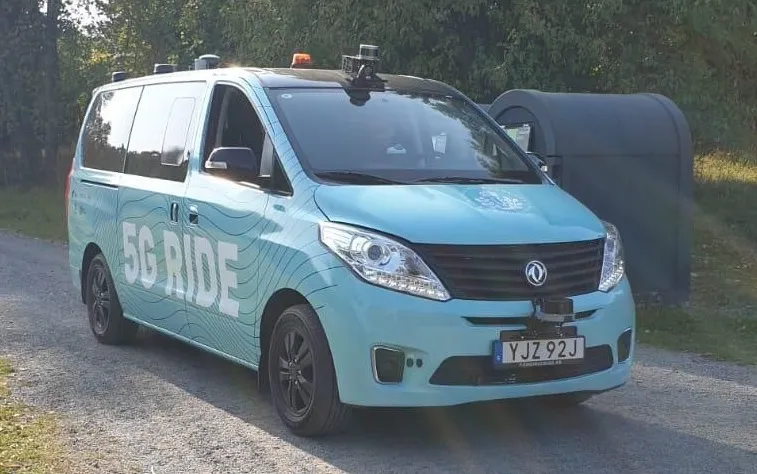A new partnership, the Singapore Autonomous Vehicle Initiative (SAVI), announced by the Singapore government, together with the
A Committee on Autonomous Road Transport for Singapore (CARTS) will also be formed to chart the strategic direction and study opportunities for AVs deployed in the country. Among the possibilities being explored are the use of AVs for the transport network, such as driverless buses, or for intra-town shuttles in future residential developments.
SAVI will also look into the regulations required for the mass adoption of such vehicles, such as liability issues when accidents happen and infrastructural requirements.
AVs are already under development in Singapore; the National University of Singapore, with
ST Kinetics has developed an autonomous unmanned ground vehicle called Terrav, which can detect other vehicles coming from different directions, while PSA Singapore Terminals has been developing automated guided vehicle prototypes that will operate 24/7 for its future container terminals, to transport containers between the quay and the container yard without drivers.
Singapore ventures into AV technology
A new partnership, the Singapore Autonomous Vehicle Initiative (SAVI), announced by the Singapore government, together with the Land Transport Authority (LTA) and Agency for Science, Technology and Research (A*STAR) will jointly oversee the setting up of a technology platform to spur research and development as well as the testing of autonomous vehicle (AV) technology, applications and solutions.
A Committee on Autonomous Road Transport for Singapore (CARTS) will also be formed to chart the strategic dir
August 29, 2014
Read time: 2 mins










